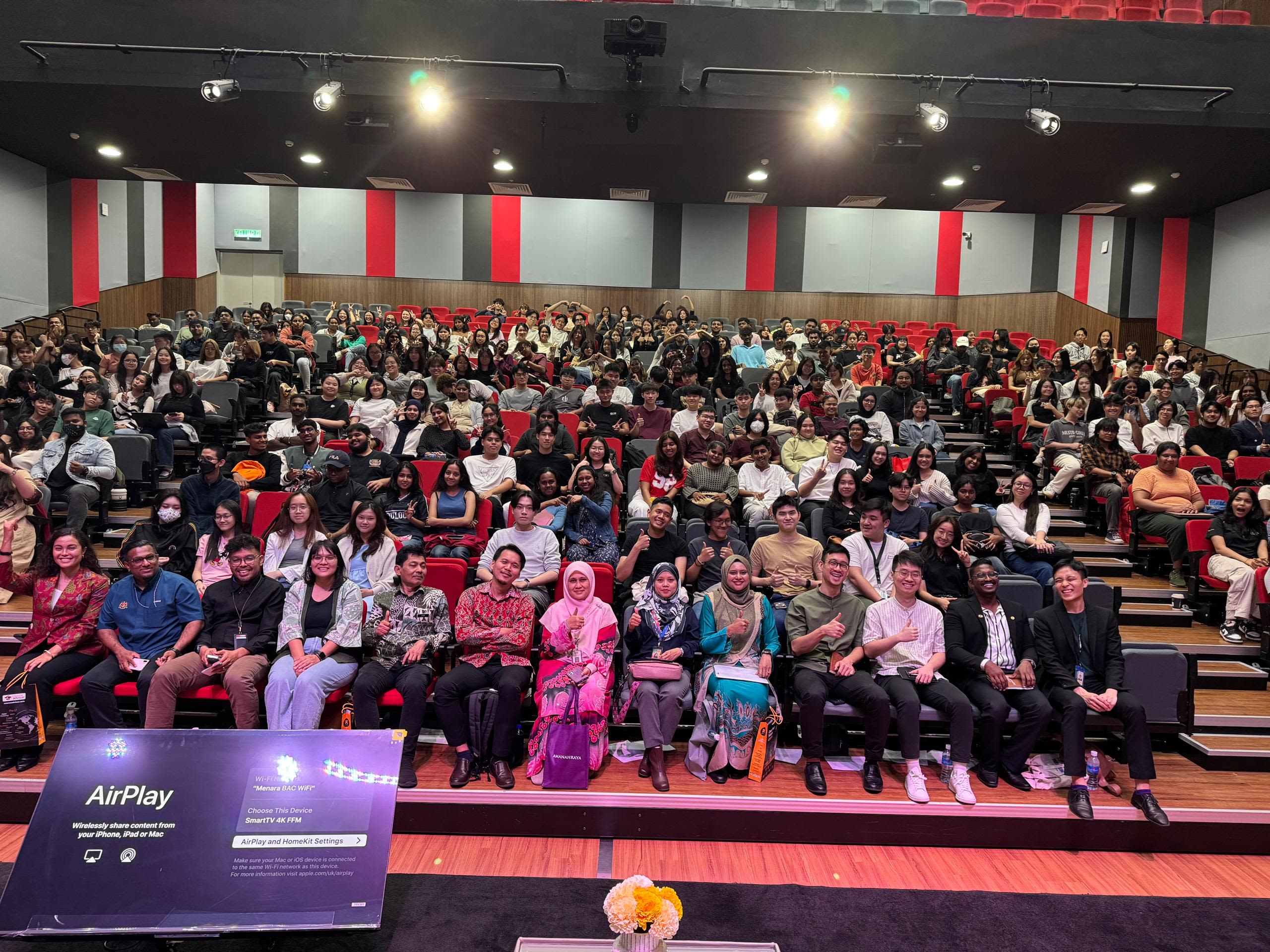Addressing Homelessness
Sustainable Solutions for Kuala Lumpur
and Hawaii

“To save a life is a real and beautiful thing. To make a home for the homeless, yes, it is a thing that must be good; whatever the world may say, it cannot be wrong.” — Vincent Van Gogh
Homelessness is not an uncommon issue throughout the world. Although many acknowledge the need to address this issue, the question still remains as to what particular methods and steps could be taken in order for this to be under control.
As such, it was a true privilege for Brickfields Asia College to organise Homelessness in Kuala Lumpur & Hawaii: Towards Sustainable Solutions, under its Law Lecture Series. The purpose of this talk was to provide a holistic view and discussion of the homelessness situation in Kuala Lumpur and Hawaii, the possible contributions and reasons for this issue, along with possible avenues that could be adopted in order to address. This lecture was organised in collaboration with the Young Southeast Asian Leaders Initiative ("YSEALI") wherein Nathan Tharmalingam, Law Lecturer at Brickfields Asia College, provided a project proposal, in 2022, to address the issue of homelessness in Kuala Lumpur.
The Lecture
This instalment of the Law Lecture Series began with a short lecture by Nathan and Evageline Chapman (Clerk of the Housing Committee, Hawaii State Senate). They provided a short introduction on the issue of homelessness in Kuala Lumpur and Hawaii respectively. Throughout the lecture, both speakers also provided a few possible solutions that could be adopted in order to address the issue of homelessness including the use abandoned buildings as shelters, and how to address the housing shortage in the US.
The Panel Discussion
Following the lecture, the event proceeded with an insightful panel discussion featuring expert speakers, Diyana (Senior Assistant Director from the Urban Well-Being and Community Development Department) Zaini bin Osman (Deputy Director of the Social Welfare Department, Kuala Lumpur) and Evangeline Chapman. The session was expertly moderated by none other than Nathan Tharmalingam.
Throughout the panel discussion, various issues and aspects surrounding homelessness were discussed. One of the key takeaways provided in the lecture was the fact that there is no precise definition of what amounts to "homelessness" under Section 2 of the Destitute Persons Act 1977 in Malaysia, as explained by Zaini bin Osman. When further asked by Nathan to clarify, he further opined that the definition of "destitute" does not necessarily suit the description of a person without a home. He explained that in order for the issue of homelessness to be addressed in Kuala Lumpur and even in Malaysia, the Destitute Persons Act 1977 needs to be amended to better suit the modern context.
To better understand the context in Kuala Lumpur, Diyana provided a brief overview of the current situation regarding homelessness which includes recent statistics and the possible reasons as to why some individuals / families are homeless. She explained that upon conducting surveys in certain hotspots like Petaling Street, Bukit Bintang, Masjid Jamek, etc, there are possibly hundreds of homeless individuals in Kuala Lumpur itself, albeit the fact that the number has dropped since the pandemic.
When prompted by Nathan as to what are the possible reasons these individuals / families are homeless, Diyana explained that this issue could be due to a variety of factors including the possibility that these individuals are living with some sort of mental condition. She further shared real-life situations wherein she heard that these individuals / families are even homeless by choice even though they have jobs and regular incomes.
The discussion was then followed by an explanation by Evangeline on other possible reasons as to why homelessness is an issue in Hawaii and the possible steps that could be taken in order to address this issue especially in respect of the new administration.
In the end, the discussion concluded with some final words by the panelists, expressing the need to address this issue as a community by working with non-governmental organisations (NGOs), government agencies and other communities.
This lecture series was very insightful for our students and the team at BAC is in the midst of curating more forums and lectures such as this!
So keep in touch in order to find out more!





